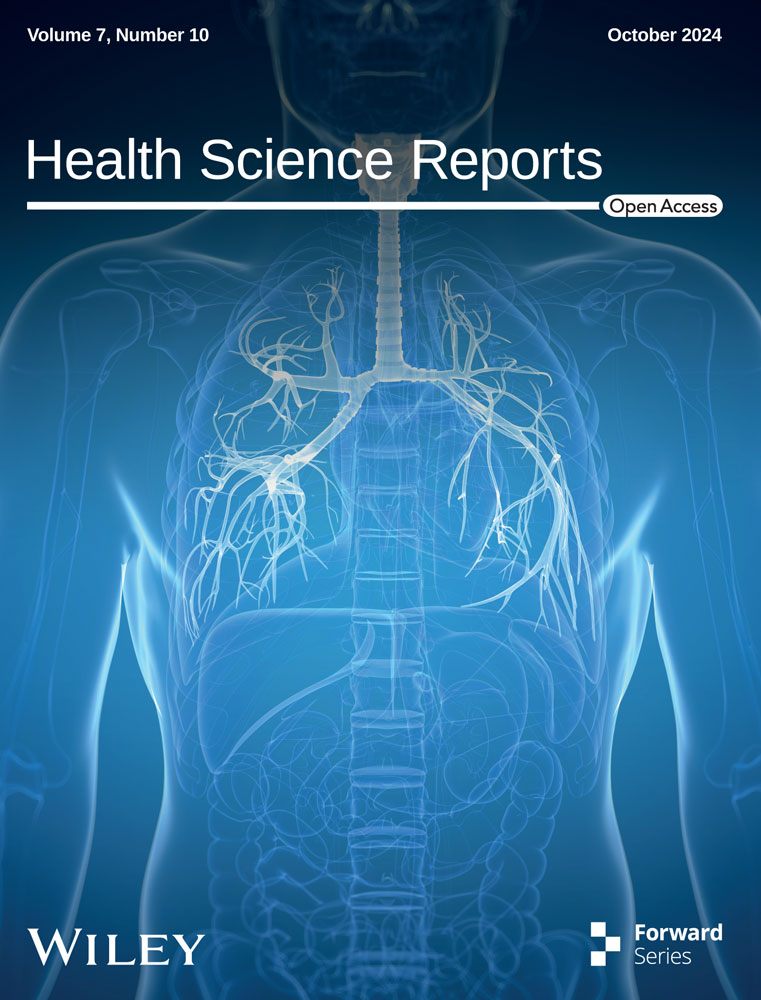Association between depression and adherence to upper limb exercises among community-dwelling stroke survivors: A cross-sectional study
Abstract
Background and Aims
Upper limb recovery after stroke tends to be slower and incomplete. Participation in motor rehabilitation and exercise adherence are crucial to improve motor recovery. However, post-stroke depression (PSD) could impede active participation in exercises. Therefore, this study investigates the association between depression and exercise adherence among community-dwelling stroke survivors.
Methods
This cross-sectional study was conducted among 215 stroke survivors undergoing motor rehabilitation between February 2021 and January 2023. Patient Health Questionnaire-9 (PHQ-9) and Stroke-Specific Measure of Adherence to Home-based Exercises (SS-MAHE) were measured to assess depression symptoms and exercise adherence, respectively. Fugl-Meyer Assessment-Upper Extremity (FMA-UE) was administered to identify the influence of impairment on these factors. Chi-square and multinomial and binary logistic regression analyses were applied to determine the relationships between these measurements.
Results
Using the Chi-square test, the PHQ-9 was significantly associated with SS-MAHE (p < 0.05). Logistic regression analysis revealed that patients with moderate depression had lower odds of exercise adherence (OR:0.69, 95%CI:0.56, 0.85, p < 0.01) compared to those with no depression. Type of exercises such as movement-based (OR:2.00, 95%CI:1.80, 2.24, p < 0.001) and task-based exercises (OR:1.80, 95%CI:1.53, 2.13, p < 0.001), had higher adherence odds compared to those not exercising. Severe impairment (FMA-UE) was significantly associated with lower exercise adherence (OR:0.71, 95%CI:0.54, 0.94, p < 0.05) and an increased risk of minimal depression (RR:11.09, 95%CI:1.17, 105.04, p < 0.05) compared to mild impairment.
Conclusions
PSD significantly impacts exercise adherence, with moderate depression notably reducing adherence rates. Incorporating mental health support into stroke rehabilitation could improve exercise adherence and potentially enhance upper limb motor recovery outcomes.
CONFLICT OF INTEREST STATEMENT
The supporting source/financial relationships had no such involvement.
Open Research
DATA AVAILABILITY STATEMENT
The data that support the findings of this study are available on request from the corresponding author, and Alexander Gnanaprakasam upon reasonable request for research purposes.




